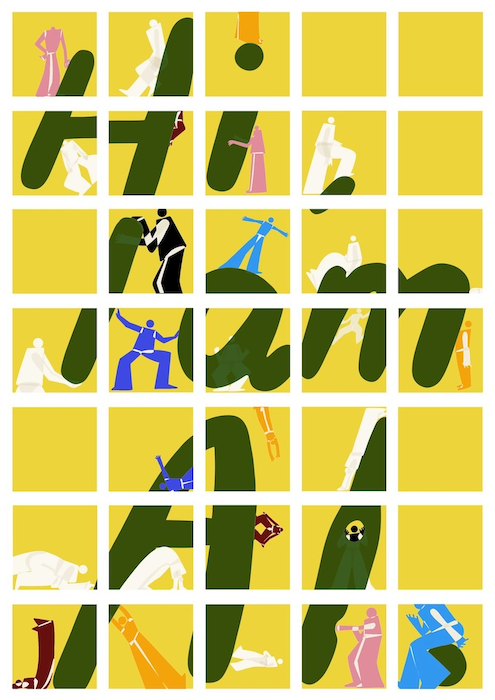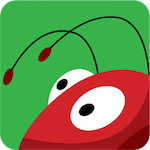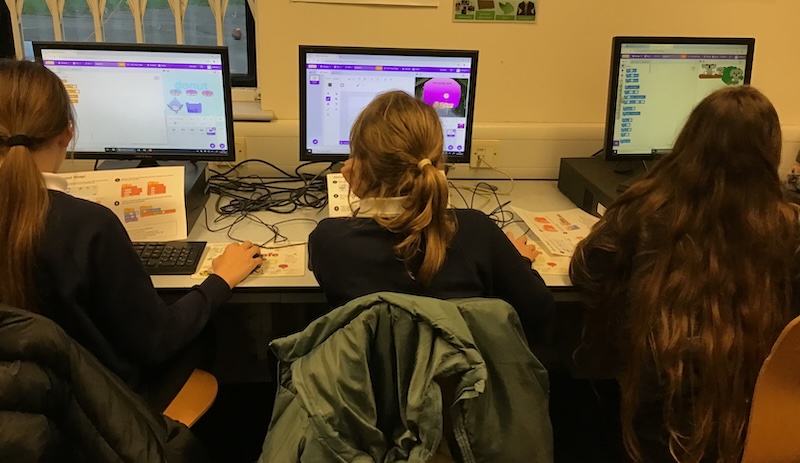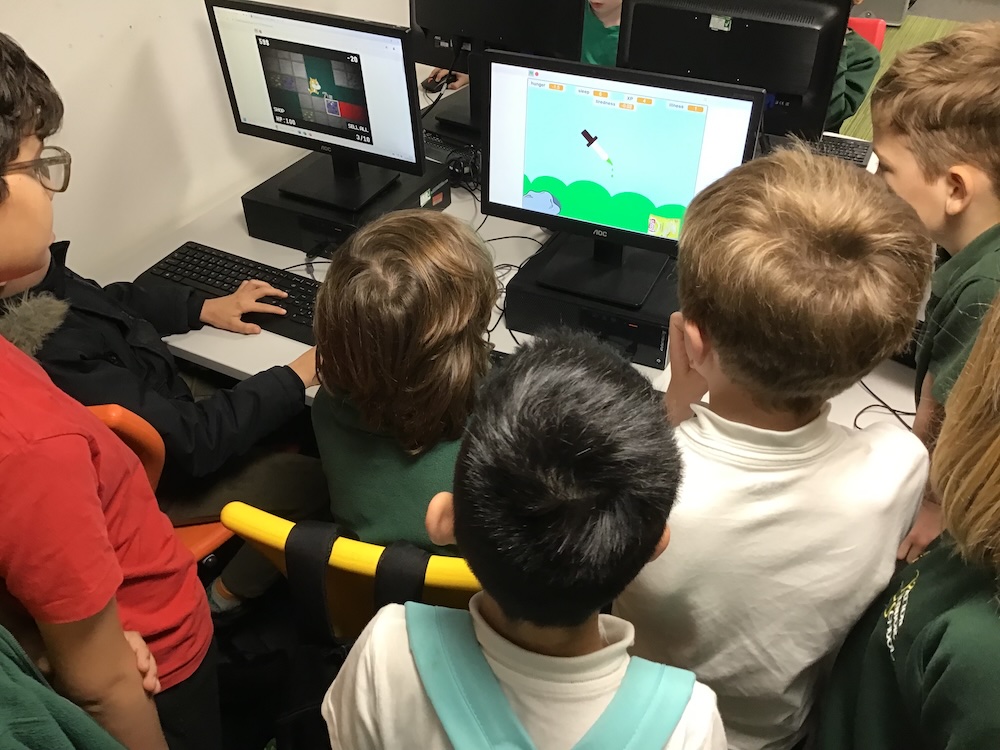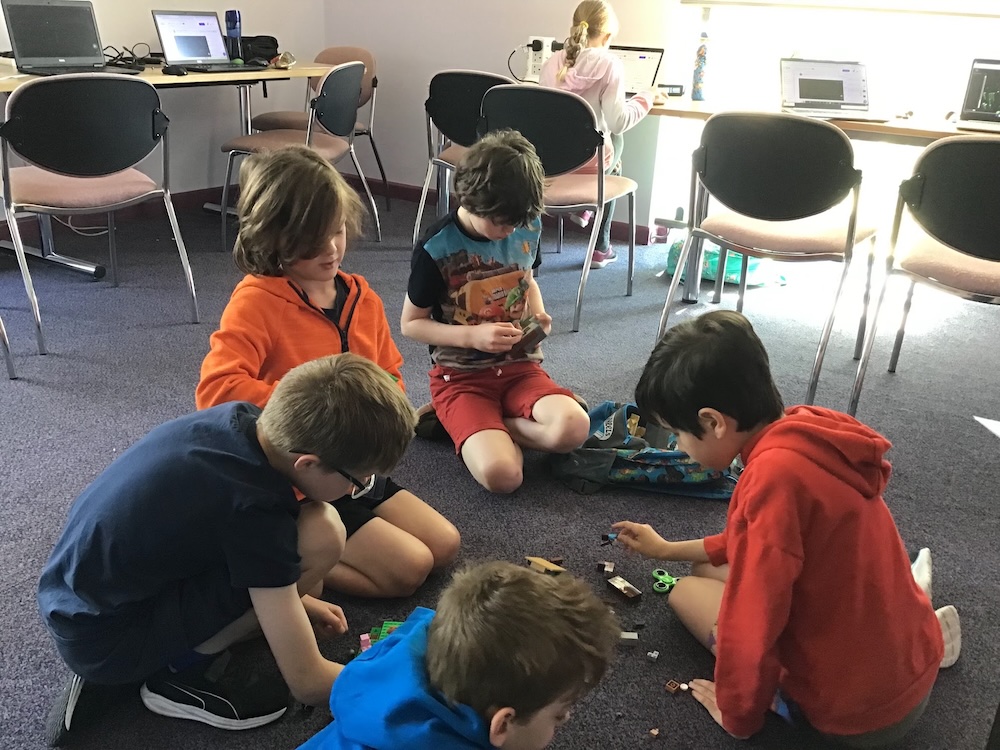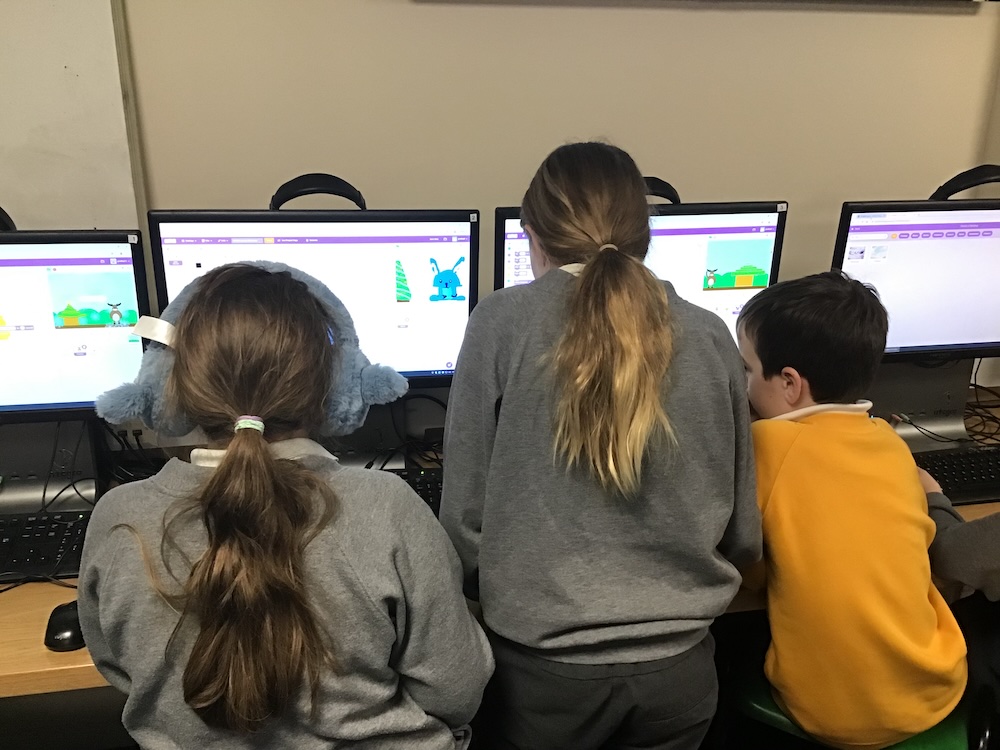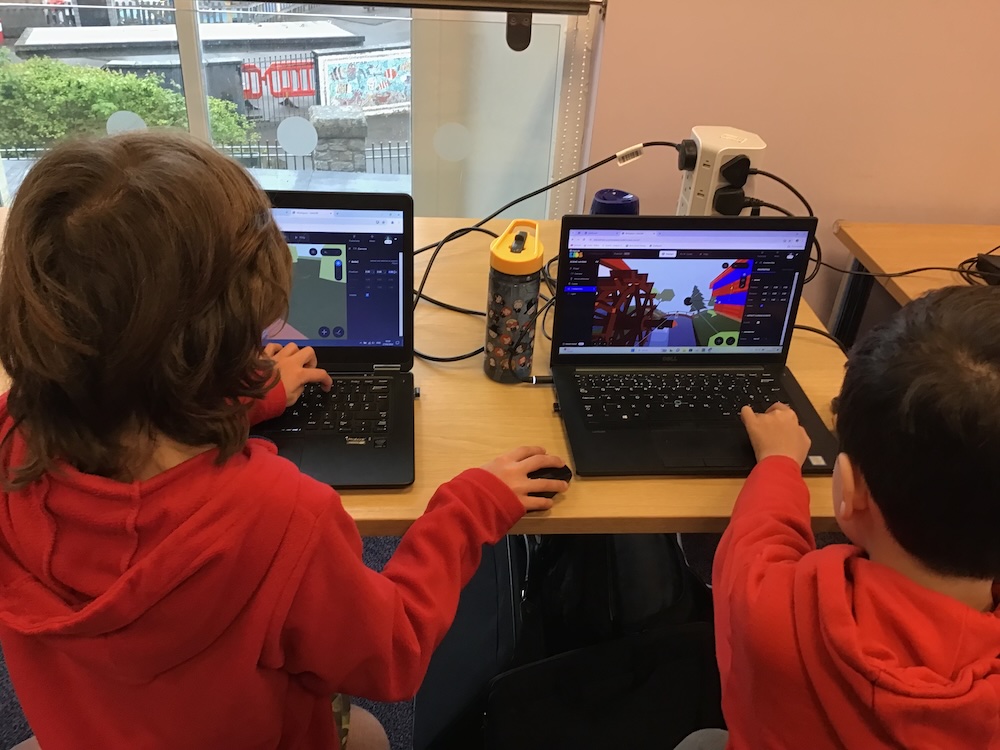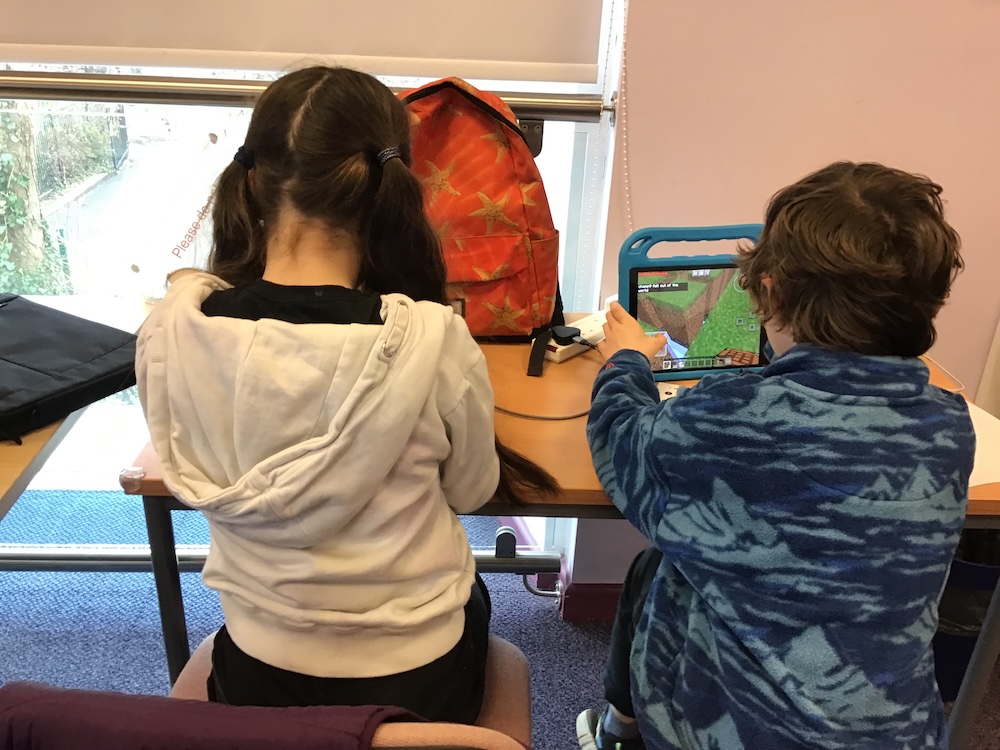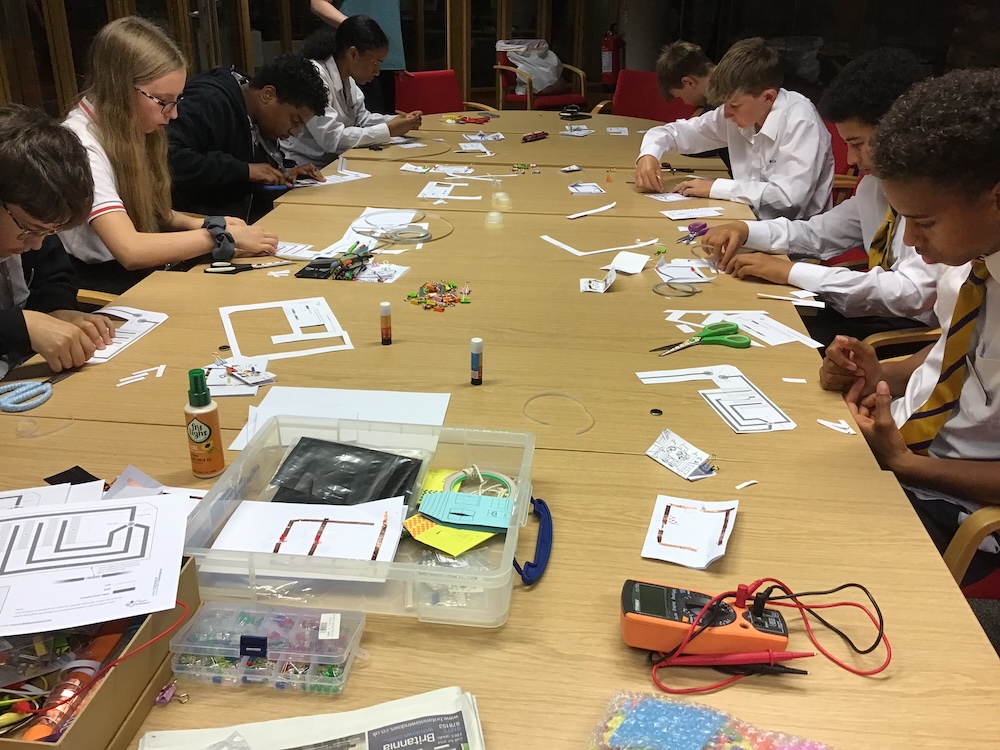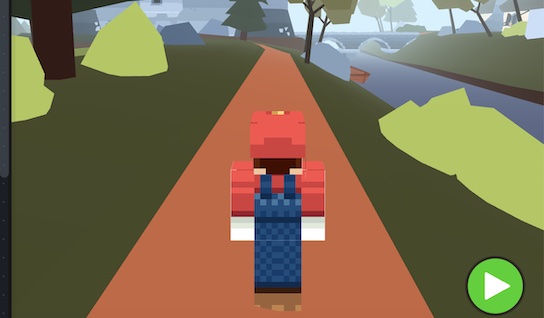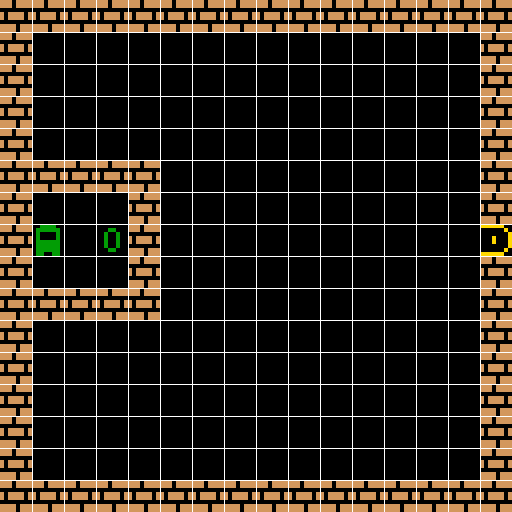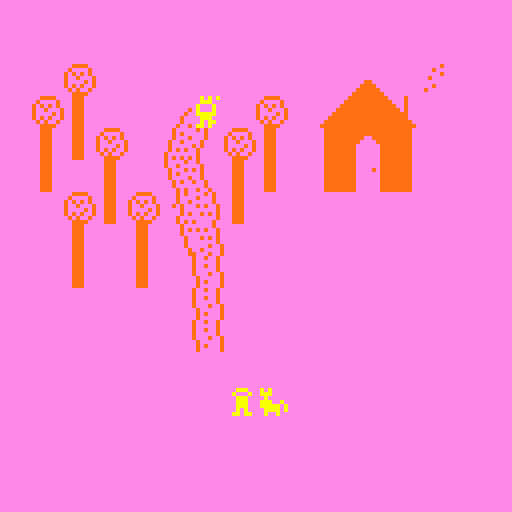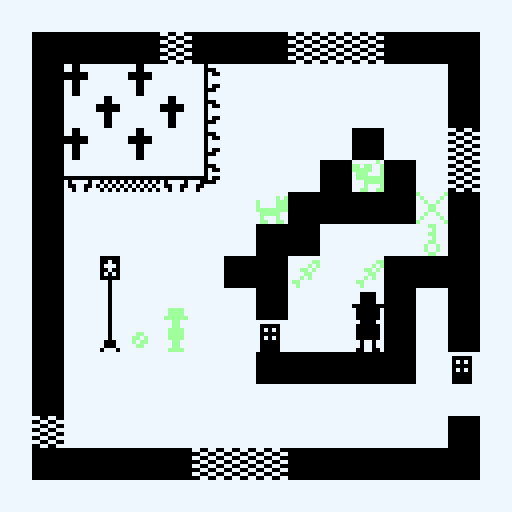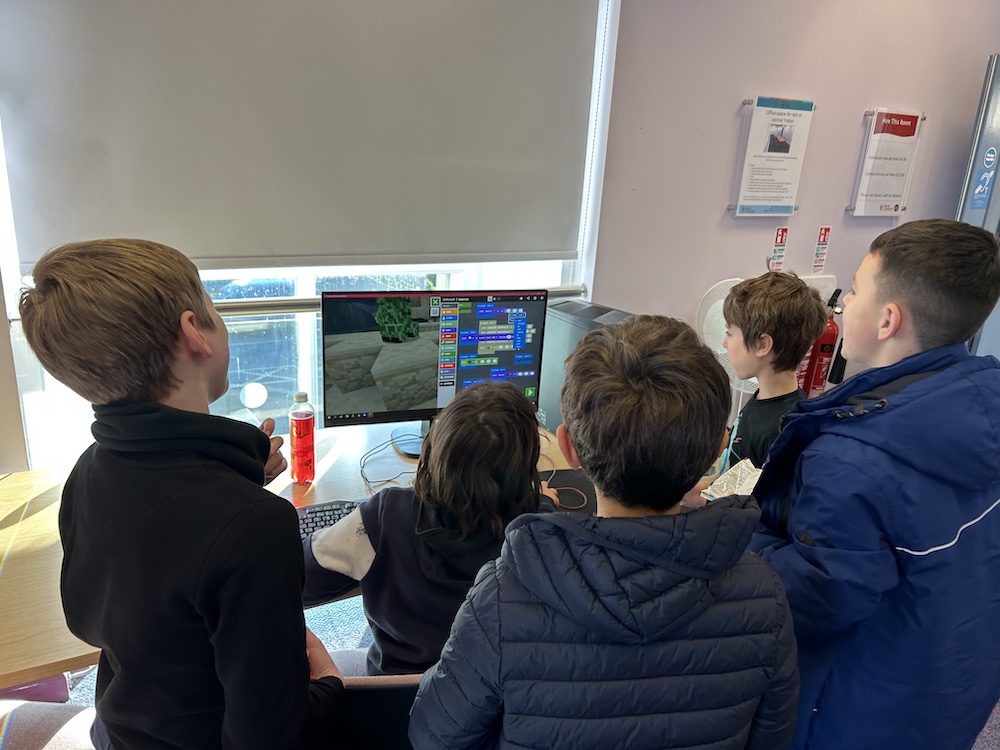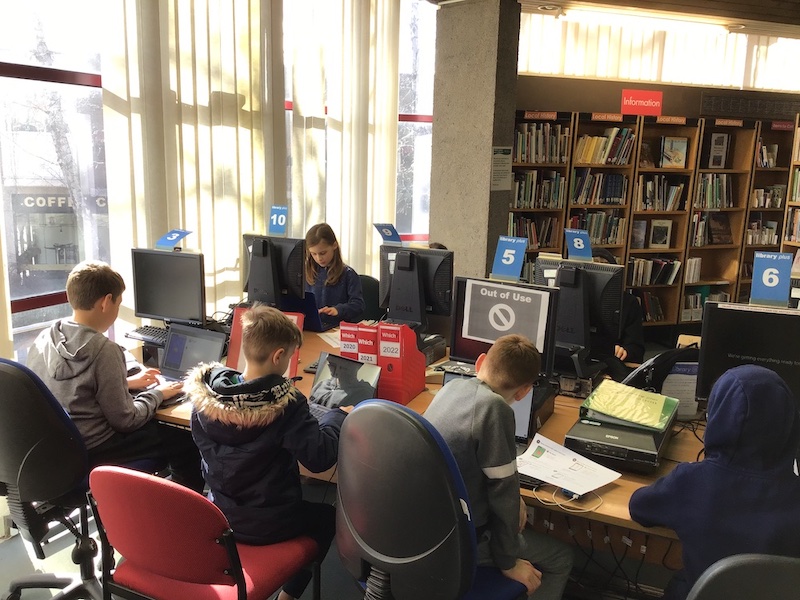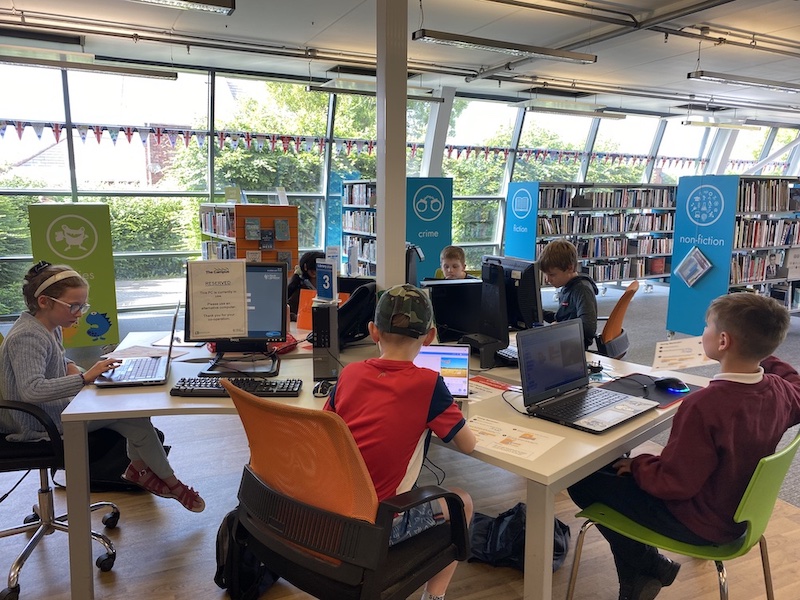Hundreds of children have attended our coding clubs and workshops over the last thirteen years. They have learned programming skills that are helping them navigate the digital world. But there is now a new world of Artificial Intelligence (AI) that children need to understand.
It is now more important than ever to equip our children with the problem solving and critical thinking skills that they need to be able to understand and use AI tools effectively. Understanding how these tools are created, how to evaluate them, use them and analyse their outputs are all critical skills today, let alone the workplaces of their future.
I don’t believe AI agents are going to replace humans any time soon but we do need the skills to help us understand how to use them. How is the AI agent going to know what to do for us if we haven’t detailed the problem correctly? How are we going to know if the problem has been solved if we don’t know what outcome we are expecting? How are we going to refine the output and make it better without our creative skills?
“Use AI agents to help us do our jobs – but not think for us.”
When children are exposed to problem solving, logic and computational thinking, there is a new world that opens up in front of them. It gives them tremendous amount of satisfaction to solve a problem, to understand the errors in their code, to come up with an idea and convert it into a game. The possibilities are endless and creativity is unleashed.
“In my vision, the child programs the computer and, in doing so, both acquires a sense of mastery over a piece of the most modern and powerful technology and establishes an intimate contact with some of the deepest ideas from science, from mathematics, and from the art of intellectual model building.”
– Seymour Papert, Mindstorms: Children, Computers, And Powerful Ideas, 1980
AI models will continue to evolve very quickly, but they need the human direction, intelligence and creativity to optimise their usefulness. In the same way that children learn to read and write, we now also need include AI literacy in their education so they can be better prepared to tackle the problems of the future.
I’m starting a new series of courses designed to teach children how AI works. Look out for these!
